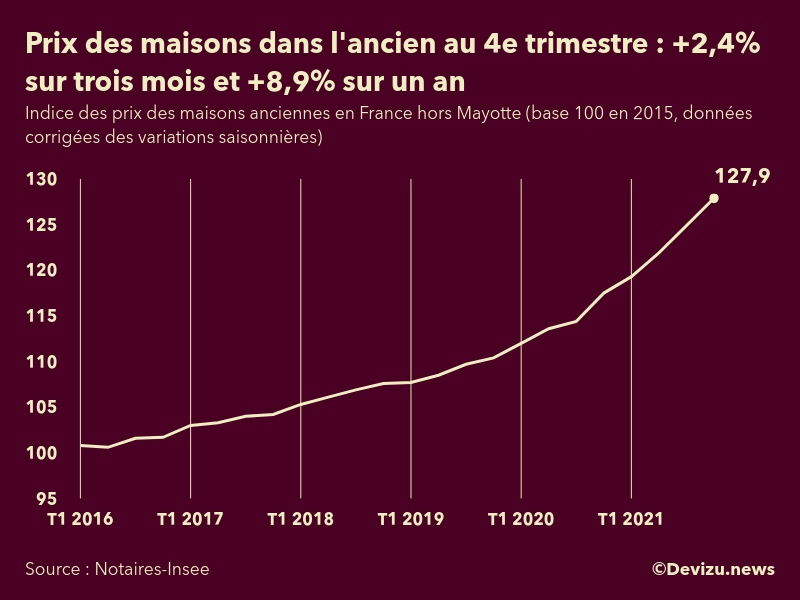Remote Island Deportation Plan: France's Migrant Policy Under Fire

Table of Contents
The Details of the Remote Island Deportation Plan
The Remote Island Deportation Plan, while officially announced, lacks crucial details. The French government has been vague about the specific islands under consideration, the selection criteria for migrants targeted for deportation, and the precise legal framework underpinning the process. This lack of transparency fuels much of the criticism surrounding the initiative.
- Specific island locations: While no specific islands have been publicly named, speculation points to territories overseas, potentially raising concerns about access to resources and legal aid. The suitability of these potential locations for housing large numbers of migrants, considering factors like infrastructure and climate, remains questionable.
- Target migrant demographics: The plan seemingly targets both asylum seekers and undocumented migrants, although the exact criteria for selection remain unclear. This broad scope raises concerns about the potential for separating families and deporting vulnerable individuals.
- Steps involved in the deportation process: The proposed legal procedures preceding deportation remain largely undefined. Concerns exist regarding the speed of the process, potential lack of due process, and access to legal representation for those facing deportation.
- Estimated costs and logistical challenges: The financial burden and logistical complexities involved in transporting and housing migrants on remote islands are significant, and the French government has yet to adequately address these concerns.
Criticisms and Concerns Regarding the Plan
The Remote Island Deportation Plan has drawn intense criticism from human rights organizations, legal experts, and the public at large. The central concerns revolve around potential human rights violations, legal ambiguities, and practical challenges.
- Human rights violations: Critics express serious concerns about the potential for human rights abuses on remote islands, including inadequate living conditions, limited access to healthcare and legal representation, and the risk of arbitrary detention. The lack of transparency exacerbates these concerns.
- Legality and international law: The legality of the plan under both French and international law is highly questionable. Deporting asylum seekers to locations where their rights may be violated is a potential breach of international human rights conventions, including the Refugee Convention and the European Convention on Human Rights.
- Practical challenges and feasibility: Beyond the ethical and legal concerns, the plan faces significant practical hurdles. The logistics of transporting and supporting a potentially large number of migrants on remote islands would be complex and costly, demanding significant infrastructure development. Potential public health concerns also arise from the concentration of people in potentially isolated locations.
- Specific human rights concerns: Concerns include inadequate medical care, limited access to education, lack of proper sanitation, and potential for isolation and psychological distress among deportees.
- Relevant international laws and treaties: The plan potentially violates the principle of non-refoulement, which prohibits the return of individuals to places where they face a real risk of persecution.
- Examples of logistical challenges: These include the cost of transportation, the need for housing, the provision of essential services, and the difficulty of ensuring adequate security.
- Potential negative public health impacts: Overcrowding and limited access to healthcare increase the risk of infectious disease outbreaks.
Public Opinion and Political Responses to the Plan
The Remote Island Deportation Plan has sparked widespread public debate in France and internationally. Public opinion is sharply divided, with strong opposition from human rights groups and some political parties.
- Public reaction in France and internationally: Many public opinion polls demonstrate significant opposition to the plan, citing concerns about its human rights implications. Media coverage has been extensive, with numerous articles and television programs debating the plan's merits and drawbacks. Protests have also taken place across France.
- Political stances and debates: The plan has become a major point of contention within French politics. While the ruling party supports it, several opposition parties have strongly condemned it, highlighting the potential for political polarization.
- International pressure and diplomatic responses: International organizations, such as the United Nations High Commissioner for Refugees (UNHCR), have expressed deep reservations about the plan, raising concerns about its compatibility with international law. Some other European countries have also voiced their criticism.
- Summary of key public opinion polls and surveys: Numerous polls have shown that a significant percentage of the French population disapproves of the plan, largely due to ethical and human rights concerns.
- Statements from prominent political figures: Both supporters and opponents have voiced strong opinions, highlighting the divisive nature of this policy proposal.
- Reactions from international organizations like the UN: The UN has openly criticized the proposal, expressing concerns regarding potential human rights violations.
- Potential impact on France's international relations: The plan could strain relations with other countries and international organizations that prioritize human rights.
Alternative Solutions and Policy Recommendations
Instead of the controversial Remote Island Deportation Plan, France should consider more humane and effective approaches to migration management. A focus on human rights-based solutions is crucial.
- Exploration of alternative approaches to managing migration: These could include increased international cooperation, strengthened border security measures, and addressing the root causes of migration in origin countries through development assistance and conflict resolution.
- Policy recommendations for improving France's immigration system: These include streamlining asylum procedures, improving integration programs, and investing in resources for refugee resettlement.
- Emphasis on human rights-based approaches: Any migration policy should prioritize the protection of human rights and uphold international law.
- Examples of alternative migration management strategies: Increased funding for refugee camps, facilitating legal migration pathways, and promoting economic development in countries of origin.
- Specific policy recommendations for improvement: Improved legal assistance for asylum seekers, faster processing of asylum claims, and greater integration efforts for accepted refugees.
- Emphasis on human dignity: All individuals, regardless of their migratory status, deserve to be treated with dignity and respect.
Conclusion
France's Remote Island Deportation Plan remains a highly controversial policy proposal, raising serious concerns about human rights and international law. The lack of transparency surrounding its details and the significant ethical and logistical challenges it presents demand careful consideration. The plan's potential for human rights violations cannot be overlooked. Instead of pursuing this divisive strategy, France should prioritize humane and ethical approaches to migration management. This necessitates exploring alternative solutions that address the root causes of migration, streamline asylum processes, and promote the integration of migrants while upholding international human rights standards.
We urge readers to research further into the issue of the Remote Island Deportation Plan and to engage in informed discussions about alternative migration policies that uphold human rights and prioritize ethical considerations. Contact your representatives and voice your concerns regarding this Remote Island Deportation Plan, and advocate for more humane approaches to managing migration in France. A more compassionate and legally sound approach is urgently needed.

Featured Posts
-
 Missed Call And Misplay Cost Mets In Walk Off Defeat
May 19, 2025
Missed Call And Misplay Cost Mets In Walk Off Defeat
May 19, 2025 -
 Fa Cup Final 2024 Haalands Wembley Goal Drought
May 19, 2025
Fa Cup Final 2024 Haalands Wembley Goal Drought
May 19, 2025 -
 The Orlando International Fringe Theatre Festival A Loch Haven Park Tradition
May 19, 2025
The Orlando International Fringe Theatre Festival A Loch Haven Park Tradition
May 19, 2025 -
 Florida State University Shooting Exploring The Background Of A Deceased Employee
May 19, 2025
Florida State University Shooting Exploring The Background Of A Deceased Employee
May 19, 2025 -
 Donnees Notariales Immobilieres Carte Interactive Des Prix Des Maisons En France
May 19, 2025
Donnees Notariales Immobilieres Carte Interactive Des Prix Des Maisons En France
May 19, 2025
